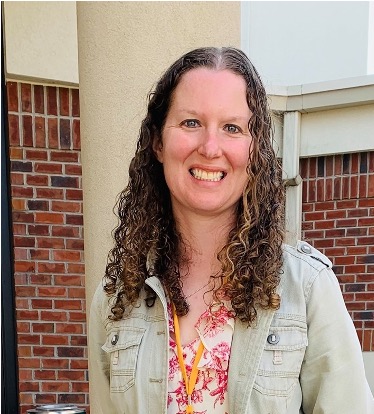 It was the end of class, and I was tired. We had just finished up the lecture for that day, and I was ready to pack up my books and wait for someone to conclude us with prayer, as was always done in seminary.
It was the end of class, and I was tired. We had just finished up the lecture for that day, and I was ready to pack up my books and wait for someone to conclude us with prayer, as was always done in seminary.
But today was different.
Today, the professor had an idea, an idea that his class would conclude in song. Not just any old song—it wasn’t as if we’d start belting out U2 or Katy Perry. We would sing a hymn. And so, the professor started singing. And the class joined in, standing at their desks and belting out what was seemed to be a favorite hymn.
Except me.
I didn’t know what they were singing. This hymn stuff, especially this one, was a foreign language to me. I didn’t recognize it, and there were no hymnals around to grasp. And so, I stood to my feet and began to mouth “popsicle” over and over again, as if I knew the words. But somewhere in the middle, I just stopped. I put my hands in my pockets and stood there with my mouth closed, looking around the joyous faces and then at my professor’s face, who scowled and gave me a look. I wanted to run. I felt bad. Oblivious. Stupid. An outsider. The “U”-word.
“Unchurched.”
Yeah, me—the unchurched pastor.
Funny, that.
Some folks have told me that my unchurchiness is a good thing to have, that it constantly allows me to see things as most of the world sees them and to experience Church as most of the world experiences it. But for me, what I constantly recognize is more than a need to change our methods and classifications of Church; what I see is a need to break the language barrier.
Languages are a good thing, a God-approved thing—as displayed in Babel and Pentecost and the creation of the Septuagint. However, when we are the ones to create them as a means of distinction between insiders and outsiders, lovers and haters, God-loved and God-hated, something is wrong. We, the leaders of congregations, start speaking church-talk for one of four main reasons: our big words and phrases make us sound smart in front of our people; we think outsiders need to adapt to us and use “insider” lingo in order to become one of us; we believe the “right way” of doing “grown-up” Church is only by speaking and singing like our ancestors (from the 18th and 19th centuries); or we have no idea that we are doing it, let alone why. Let me be the first to say, too, that I’m not picking on our more traditional counterparts; those of us who are post-modern evangelicals can also turn our praise songs, hand-raising, and “God-told-me-yesterday” phrases into an isolating language if we are not attentive of new, unchurched eyes around us. C.S. Lewis once said that the Church is the one organization that exists for the benefit of nonmembers.
The problem of our churchy language is not really what we do and say but why we do it and say it. Sometimes we don’t know the why because we don’t even realize what it is we’re doing. Even those who started out as newbies to faith become used to the same ways of doing things, the same lingo and references of our church language. Whether we’re part of an established church, starting a new church, or launching a new ministry of our church, we will subconsciously continue to speak our native lingo if we’re not attentive to how it sounds to a non-Christian or a non-member. That’s why we innocently refer to days of the liturgical calendar (“Today is Pentecost”), name familiar people in our announcements ( “See Joe if you’d like to go on the mission trip”), and make general assumptions of those gathered in our midst (“Let’s pray the Lord’s Prayer—everybody knows it!”), not realizing that we’re making ourselves neither accessible nor capable of being understood. Our priority needs to be complete clarity in how we explain ourselves and what we believe so that all of it is open and accessible to those who have been searching for a God-man like Jesus—the same crowd who has never darkened the sanctuary behind the stained glass because it’s a foreign world that speaks funny.
For many, it’s also world that tends to make them put their hands in their pockets and mouth “popsicle” over and over while everybody else sings the right words.
I remember the feeling rather well, and perhaps you do too.
No matter our ministry setting, let’s choose to break that language barrier and use our words to connect and direct anyone and everyone to the reason why we gather. Maybe it will be then when we and our words become less of a barrier to people experiencing the Word.
Surely that’s a song all of us want to sing.
Kris Beckert is a licensed minister in the Nazarene Church, a 3rd-year M.Div. student at Wesley Theological Seminary, and discipleship minister at Herndon United Methodist Church in Herndon, Virginia


